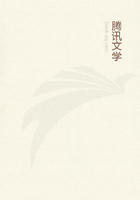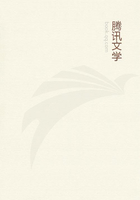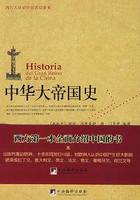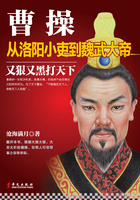Most of us remember Taine's parallel between Tennyson and Alfred de Musset. The French critic has no high approval of Tennyson's "respectability" and long peaceful life, as compared with the wrecked life and genius of Musset, l'enfant perdu of love, wine, and song.
This is a theory like another, and is perhaps attractive to the young. The poet must have strong passions, or how can he sing of them: he must be tossed and whirled in the stress of things, like Shelley's autumn leaves; -"Ghosts from an enchanter fleeing."
Looking at Burns, Byron, Musset, or even at Shelley's earlier years, youth sees in them the true poets, "sacred things," but also "light,"as Plato says, inspired to break their wings against the nature of existence, and the flammantia maenia mundi. But this is almost a boyish idea, this idea that the true poet is the slave of the passions, and that the poet who dominates them has none, and is but a staid domestic animal, an ass browsing the common, as somebody has written about Wordsworth. Certainly Tennyson's was no "passionless perfection." He, like others, was tempted to beat with ineffectual wings against the inscrutable nature of life. He, too, had his dark hour, and was as subject to temptation as they who yielded to the stress and died, or became unhappy waifs, "young men with a splendid past." He must have known, no less than Musset, the attractions of many a paradis artificiel, with its bright visions, its houris, its offers of oblivion of pain. "He had the look of one who had suffered greatly," Mr Palgrave writes in his record of their first meeting in 1842. But he, like Goethe, Scott, and Victor Hugo, had strength as well as passion and emotion; he came unscorched through the fire that has burned away the wings of so many other great poets. This was no less fortunate for the world than for himself. Of his prolonged dark hour we know little in detail, but we have seen that from the first he resisted the Tempter; Ulysses is his Retro Sathanas!
About "the mechanism of genius" in Tennyson Mr Palgrave has told us a little; more appears incidentally in his biography. "It was his way that when we had entered on some scene of special beauty or grandeur, after enjoying it together, he should always withdraw wholly from sight, and study the view, as it were, in a little artificial solitude."Tennyson's poems, Mr Palgrave says, often arose in a kind of point de repere (like those forms and landscapes which seem to spring from a floating point of light, beheld with closed eyes just before we sleep). "More than once he said that his poems sprang often from a 'nucleus,' some one word, maybe, or brief melodious phrase, which had floated through the brain, as it were, unbidden. And perhaps at once while walking they were presently wrought into a little song. But if he did not write it down at once the lyric fled from him irrecoverably." He believed himself thus to have lost poems as good as his best. It seems probable that this is a common genesis of verses, good or bad, among all who write. Like Dickens, and like most men of genius probably, he saw all the scenes of his poems "in his mind's eye." Many authors do this, without the power of making their readers share the vision; but probably few can impart the vision who do not themselves "visualise" with distinctness. We have seen, in the cases of The Holy Grail and other pieces, that Tennyson, after long meditating a subject, often wrote very rapidly, and with little need of correction. He was born with "style"; it was a gift of his genius rather than the result of conscious elaboration. Yet he did use "the file," of which much is now written, especially for the purpose of polishing away the sibilants, so common in our language. In the nine years of silence which followed the little book of 1833 his poems matured, and henceforth it is probable that he altered his verses little, if we except the modifications in The Princess. Many slight verbal touches were made, or old readings were restored, but important changes, in the way of omission or addition, became rare.















